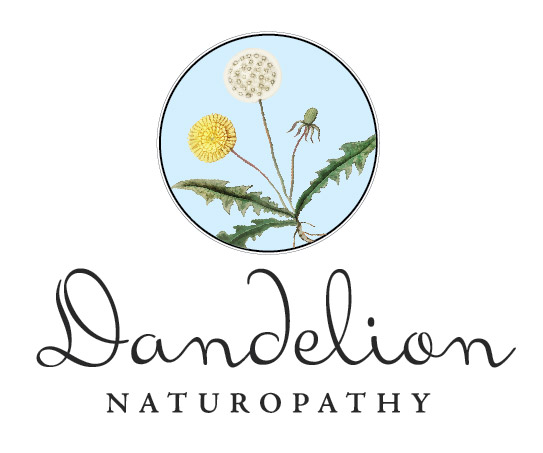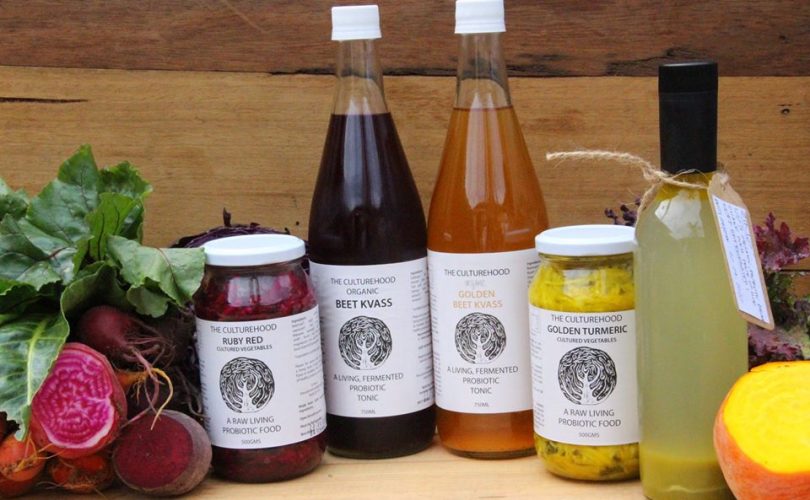The finale! Introducing to you zinc and probiotics.
#9 Zinc
So zinc is one of those wonder minerals that basically plays a role in almost everything that goes on in that body of yours! The list of zinc’s many roles is kind of endless to be honest. But we are here to talk about immune system health. Zinc supports the innate immune system and hence the activity of a number of immune cells including natural killer cells and mast cells. It also supports the adaptive immune system as B and T cells depend on zinc to function effectively.
So, if you feel like you need a bit of an immune system boost, why not incorporate a few more of these foods into your diet like
- Egg yolks
- Oysters
- Meat sources (especially red meat)
- Seeds (especially pumpkin and sunflower seeds)
- Nuts (especially cashews, almonds, pecans, walnuts)
#10 Probiotics
Often the terms probiotics and prebiotics get a bit confused with each other, so let’s set the record straight: probiotics are the gut bacteria and prebiotics are foods that feed the probiotics. More than 50% of immune cells are located in the gut so definitely don’t underestimate the power of a healthy gut on your immune system function!
Probiotics play a role in immune function by preventing pathogenic bacteria from setting up shop in your gut, enhancing the integrity of your gut and hence making it stronger and modulating the innate and adaptive branches of the immune system.
Probiotic food sources include:
- Sauerkraut
- Kefir
- Kimchi
- Kombucha
- Kvass
If you aren’t used to eating probiotic foods, just make sure you take it slow and steady. Start with small amounts and gradually build up otherwise it can all be a bit too much for your poor gut. The lovely Remedy from The Culturehood makes amazing probiotic foods like fermented vegetables and kvass (as pictured) so you can jump onto their website if you’re interested https://www.theculturehood.com.au/. Now prebiotics are also very important but they aren’t a simple matter. Therefore, I’ll save that one for a post all on its own in the future!
So, we have made it to the last part to this immune system series! I hope you have found this little series interesting and informative. Over this series I have talked about a number of specific nutrients that you might now be thinking you have to supplement. These posts have been aimed at providing a guide (not direct health advice) on what foods to eat or lifestyle tips you can do to help optimise these nutrients. If you feel like you may need supplementation, it is best to seek advice from a health professional about your specific situation as we are all different and may not all need the same things. We have only scratched the surface of immune system health but with these tips and tricks, hopefully I have been able to help you take a step towards better health and wellbeing!
Chasapis, C. T., Loutsidou, A. C., Spiliopoulou, C. A., & Stefanidou, M. E. (2012). Zinc and human health: an update. Archives of Toxicology, 86(4), 521–534. https://doi.org/10.1007/s00204-011-0775-1
Gourbeyre, P., Denery, S., & Bodinier, M. (2011). Probiotics, prebiotics, and synbiotics: impact on the gut immune system and allergic reactions. Journal of Leukocyte Biology, 89, 685–695. https://doi.org/10.1189/jlb.1109753
Osiecki, H. (2014). The nutrient bible (9th ed.). Eagle Farm, Queensland: Bio Concepts Publishing.
Whitney, E. N. (2013). Understanding nutrition: Australia and New Zealand (2nd ed.). South Melbourne: Cengage Learning Australia Pty Limited.





